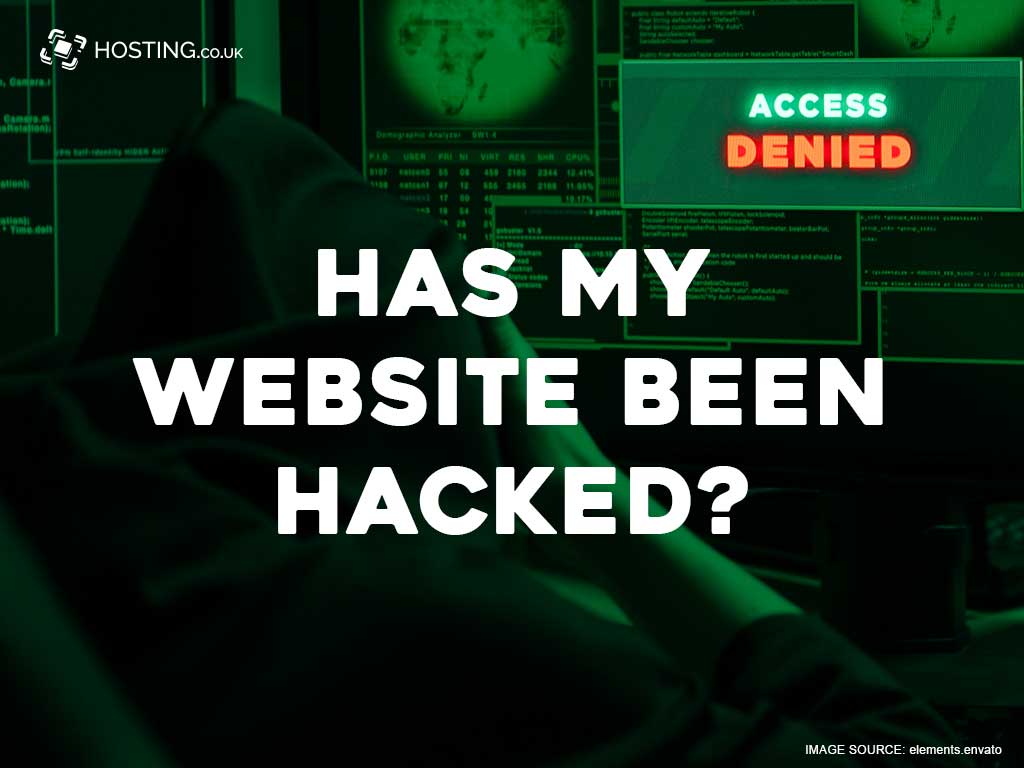Malware is the least desirable visitor you want on your website. It can take the form of ransomware where your files become encrypted and you’re forced to pay a ransom, SEO spam which injects your website with keywords and pages and a host of other maladies. The result is slowed website processing, suspension from your host, blacklisted by Google and revenue reduction. It is scary, but with the right information to address your burning question, “Has my site been hacked?” you’re sure to handle this effectively. Monitoring tools are your best friends for this.
Here are 5 easy indicators and important advice how to fix this situation fast.
Table of Contents
How to know it your site is hacked
Your Website Redirects to Other Sites
One of the simplest indicators to answer the question “Has my site been hacked?” is the existence of broken links. Hackers inject your webpage with adverts, spam, malware and other unsavoury websites. As your users seek information, they click on links believing that they’ll be taken to the information advertised but are carried to unrelated sites.
Google Console Alerts You
This program if already installed, would send notifications of detected security issues. These could include:
- Code and URL changes
- Phishing and deceptive sites
- Server configuration and SQL injections
- Cross-site malware warnings
If you have not yet installed Google Console, quickly go ahead in finding and fixing Security Issues in Google Console.
Use Google Safe Browsing
Google Safe Browsing works at keeping Over Four Million Devices Safe by scanning daily to check for malware and spot phishing websites. Safe browsing works for all google products and supports safer browsing experience across the internet.
Chrome and other browsers use Safe Browsing to warn users before entering an unsafe website. When a site is unsafe for a user, a warning message like “This Site Maybe Hacked” or “This Site May Harm Your Computer.” Therefore, Google Safe Browsing can be the quickest way to answer your question, “Has my site been hacked?”
Notification from Hosting Providers and Browsers
Hosting Provider – Web Hosting Companies will typically notify you of a hack with an alert. They might even go as far as removing your site from the server – so as to protect the other websites on the server.
Internet Browser –Browsers such as Chrome which uses Safe Browser would present a warning message to users when attempted to access the page. Check your site in this browser and look for an alert, this is very useful in answering the concern, “Has my site been hacked?”
User Alert – Since some hacked websites targets your users to redirect them to other sites, your users in rare cases, can give an alert by contacting your company to report weird behaviour, request or content. Always follow up on these reports from your users.
Use a Malware Scanner – This is a great way to keep your website secure as it can catch cyberattacks. ISIT WP Security Scanner WordPress users.
The use of hosting providers, browsers and malware scanners notifies you if your account has been hacked and enables you to act fast.
Ransomware
With Ransomware, you really don’t have to search hard to determine “Has my site been hacked?” Website hackers will deliberately tell you that they’ve successfully hacked your site. For instance, hackers may demand payment to release your stolen files or give access to your account in which you were locked out from. In such case, you’ll receive a ransom message. So, if your system password changed without your consent, website is defaced, email spammed, you’re dealing with a hacking situation.
How to Fix a Hacked Website
1. Find and remove Malware
You can seek the service of a malware provider. Their service includes finding the malware, repairing your website and redeeming your reputation from google blacklist.
2. Seek professional help
Once you determine that your website has been hacked, there are multiple ways of rectifying this situation. You may already have an expert team in-house and so you’ll want to use this help to assess your damages and check whether you can fix the issues, or you’ll need to outsource help. In outsourcing, you can use your hosting provider or another experienced company to help you.
3. Payment Card Industry, PCI
One of the biggest concerns for ecommerce website owners is the question of protecting card holder information in case of a breach. If you suspect there has been a breach with your card holder database, you may want to quickly follow the guidelines set out by the Payment Card Industry PCI.
4. Broken Link Checkers
Pre-existing programs implemented on your website such as Google Analytics, Broken Link Checker, Xenu can identify these problems. Remember that these programs perform regular checks and submit reports of troubled links. Using Google Analytics, you can also look out for the “time on page,” other metrics and compare to the week or month before to capture the activities on the site that are outside of your knowledge.
How to avoid getting hacked?
Use stronger password verification
Now you understand why it is important to have strong password verification. Two-factor authentication is also a good way of protecting your information.
Do constant website monitoring
You also should realise by now how important it is to have regular routine check on your website. Being up to date with your website performance and its integrity helps you track and spot weird behaviours that maybe malicious in character.
In Conclusion
To fix a hacked website is a lot of work. You not only suffer from the loss of revenue, but time spent in assessing and rectifying an issue. So, it is always important to start good from the beginning with security features and behaviours that can stand guard against hackers. But should this ever happen, there are guides to follow to help mitigate damages.
